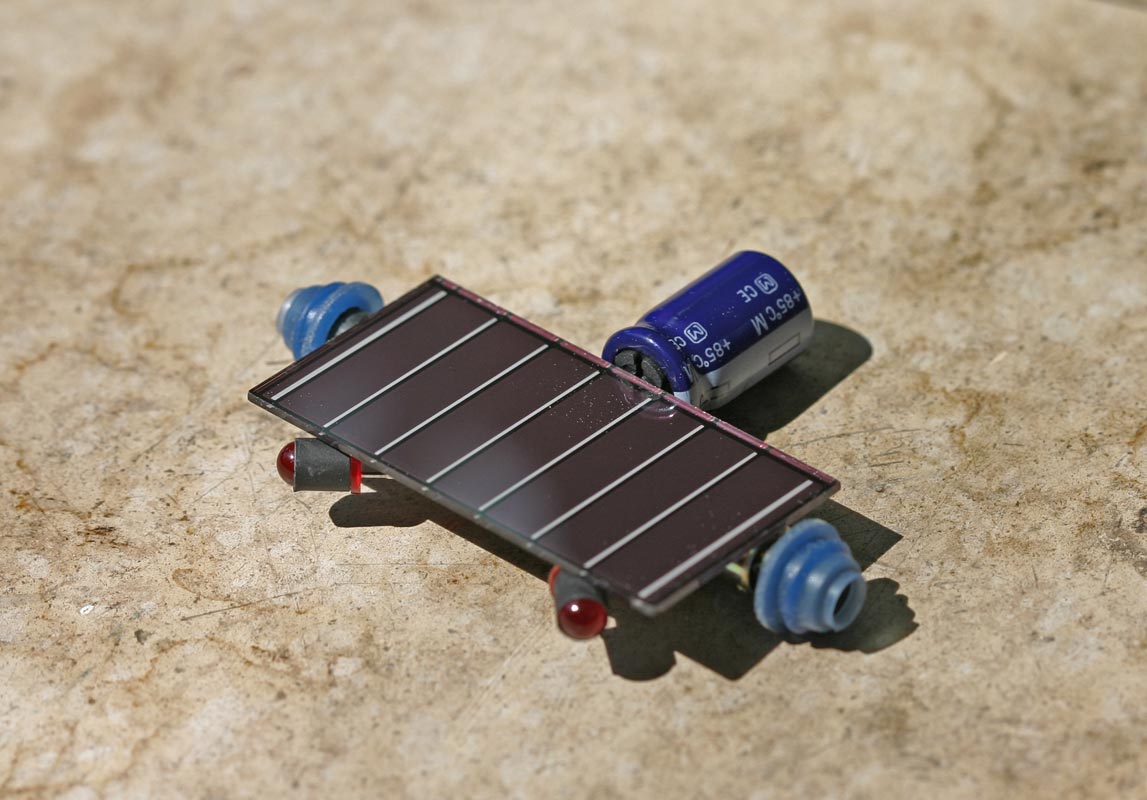IMO life on earth displays a continuum for us that settles this philosophical debate and we ignore it because the truth hurts. Leaf-cutter ants mindlessly gather leaves, wolves mindlessly hunt deer, and we mindlessly generate text. There is no ghost in the machine. There is only the machine. We are very much stochastic parrots. Meaning is relationship, choosing the correct word cannot be done without it. It’s not a thing on the other side of a mystical threshold. I highly recommend Hofstadter‘s Creative Concepts and Fluid Analogies.
Yeah but that's an argument for 'mind' not an argument for 'life.' You're arguing there's no 'mind' and that what we consider 'mind' is a gradient. 'life', on the other hand, is a clear bright line: if you have a metabolism, if you respond to stimulus, if you reproduce, if you can do all of the above without the presence of a host, you are alive. The nerds are all about "life" doesn't matter because "mind" is whatever we say it is.
Couldn’t that definition apply to anything electronic? My cell phone matabolizes energy from a battery which i charge from a wall socket. It responds to commands I give it via a touch screen. Other than needing a factory to reproduce, it’s meets the definition.
Your phone does not metabolize. Your phone releases energy the same way air escapes from an empty balloon, the same way water rushes out from a dam, the same way a ball bounces down the stairs. Your phone transforms one form of energy into another - the chemical energy of a battery becomes electrical energy becomes electromagnetic and acoustic energy. However, the phone lacks any method whatsoever to source its own energy. That's the definition between "uses" and "metabolizes" energy - if I take a rock and drop it off a skyscraper, it will increase in speed to hundreds of miles an hour. If I take a bird and drop it off a skyscraper it will fly away and find something to eat. If I take a clam and drop it off a skyscraper it will suck into its shell further (while increasing in speed to hundreds of miles an hour) - what stimulus it gets it delivers what response it has. Sure, let's make that solar phone you're already thinking about. If I have a solar calculator it can theoretically run forever, "metabolizing" sunlight. HOWEVER it will respond to its environment, not stimulus - when its environment impinges on one of its keys it executes a logic routine. An decrease in light will not cause it to scurry about. Okay, let's incorporate elements of BEAM robotics and photovores.. My photovore solar calculator now: (A) responds to stimulus (B) "metabolizes." BUT And thus the line between "alive" and "not alive" landed in 1935 on viruses, which: - respond to their environment, not stimuli (a change in chemical condition will change the chemical makeup of the virus - if it's in the wrong pH environment it will die, if it touches the right protease it will release its DNA payload, etc) - have no metabolism - reproduce (the main thing they do!), but not without an external mechanism to do so, ie the host So. Going on 90 years, "if it can't reproduce on its own it's not alive" has been a bright line, even when it comes to things we thought were alive for 40 years or so. Michael Crichton's debut novel The Andromeda Strain dealt with this at length: viruses even mutate, despite not being alive, so if we accidentally bring in some space bug do we have to worry about murdering it? The answer, which Crichton explains, is "only if it's actually a bug." Let's experiment. What if "the environment" is inside a computer? The study of artificial life began with Ulam and von Neumann who went from "crystals" to "algorithms." John Conway boiled it down to just the math and created Conway's Life. It's really fucking cool? but if we don't build it somewhere to live, it doesn't. And this is why I lose patience with these discussions: the study of artificial life is storied, well-studied, and from my home town. Nobody in it, however, is interested in making Pinocchio, they're all trying to learn things about stuff that is alive by studying stuff that isn't. The behavior of starlings, for example, can be distilled down to a very simple instruction set that has applications in autonomous vehicular behavior, which is a whole lot different than "Fishing lure maker gets hook stuck in own cheek." None of the people in these fields? Wonder if this thing is alive.Other than needing a factory to reproduce,
